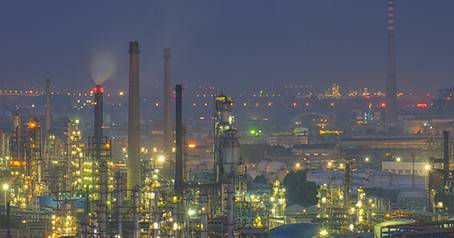Aug . 10, 2024 06:05 Back to list
Exploring the Benefits and Applications of HDPE Pipe Sprinkler Systems in Modern Irrigation Solutions
The Versatility and Benefits of HDPE Pipe Sprinklers
Irrigation is a vital component of modern agriculture and landscaping, ensuring that plants receive the necessary water to thrive. Among the various irrigation systems available, HDPE (High-Density Polyethylene) pipe sprinklers are gaining popularity due to their exceptional durability, efficiency, and versatility. In this article, we will explore the advantages of HDPE pipe sprinklers and why they are becoming the preferred choice for both agricultural and residential applications.
What is HDPE?
High-Density Polyethylene (HDPE) is a type of plastic known for its high strength-to-density ratio. This material is widely used in various applications, including packaging, piping, and geomembranes, owing to its resistance to environmental stressors. HDPE piping systems are particularly well-suited for irrigation because they can withstand high pressures and are resistant to chemicals, rust, and corrosion.
Benefits of HDPE Pipe Sprinklers
1. Durability and Longevity One of the primary advantages of HDPE pipes is their remarkable durability. Unlike traditional piping materials such as PVC or metal, HDPE pipes do not rust or corrode over time. This resilience allows them to maintain structural integrity under harsh environmental conditions, making them a cost-effective long-term investment. Many HDPE pipes come with a lifespan of up to 50 years or more when properly maintained.
2. Lightweight and Easy to Install HDPE pipes are significantly lighter than metal alternatives, which makes transportation and installation much easier. Workers can quickly maneuver the pipes, reducing labor costs and installation times. Additionally, the flexibility of HDPE allows for various configurations, enabling complex irrigation layouts without the need for numerous fittings and connectors.
hdpe pipe sprinkler

3. Environmental Benefits As global awareness of environmental issues increases, choosing eco-friendly materials in agricultural practices becomes essential. HDPE is recyclable and often made from recycled materials, reducing its ecological footprint. Moreover, the smooth interior surface of HDPE pipes minimizes friction loss, leading to more efficient water usage and lower energy costs for pumping.
4. Resistance to Chemicals and UV Rays Agricultural operations often involve exposure to various chemicals, including fertilizers and pesticides. HDPE pipes are resistant to these substances, ensuring they maintain their integrity and performance over time. Additionally, HDPE's UV resistance prevents degradation from sunlight exposure, making them ideal for outdoor use in sprinkler systems.
5. Cost-Effective Solution While the initial investment in HDPE pipe sprinklers might be slightly higher than traditional systems, the long-term savings in maintenance and replacement costs make HDPE a more cost-effective option. Reduced leakages mean less water waste, and the durability of the material ensures fewer repairs, thereby saving money over the life of the system.
6. Versatility in Application HDPE pipe sprinklers can be used in a wide variety of applications. From large-scale agricultural fields to residential gardens, these systems can be efficiently designed to meet different watering needs. The ability to customize sprinkler heads and layouts ensures optimal coverage and prevents over-watering or under-watering of plants.
Conclusion
In conclusion, HDPE pipe sprinklers present a robust and efficient solution for modern irrigation needs. With their durability, lightweight nature, resistance to chemicals and UV rays, and environmental benefits, HDPE pipes are an ideal choice for anyone looking to implement an effective watering system. As the agriculture and landscaping sectors continue to evolve, the adoption of advanced, sustainable technology like HDPE will likely play a crucial role in promoting water conservation and enhancing plant health. Investing in HDPE pipe sprinklers is not only a practical decision but also a step towards more sustainable agricultural practices.
-
High-Quality PPR Pipes and Fittings Durable ERA PPR & PVC PPR Solutions
NewsJul.08,2025
-
Black HDPE Cutting Board - Durable, Non-Porous & Food Safe HDPE Plastic Cutting Board
NewsJul.08,2025
-
High-Quality CPVC Panel Durable HDPE & PVC Panels Supplier
NewsJul.08,2025
-
Double PE Welding Rod Supplier - High Strength, Durable & Versatile Welding Solutions
NewsJul.07,2025
-
High-Quality PVC-O Pipe Supplier Durable 75mm PVC Pipe & Connections Leading PVC Pipe Company
NewsJul.07,2025
-
HDPE Drainage Pipe Supplier – Durable & Corrosion-Resistant Solutions
NewsJul.06,2025

